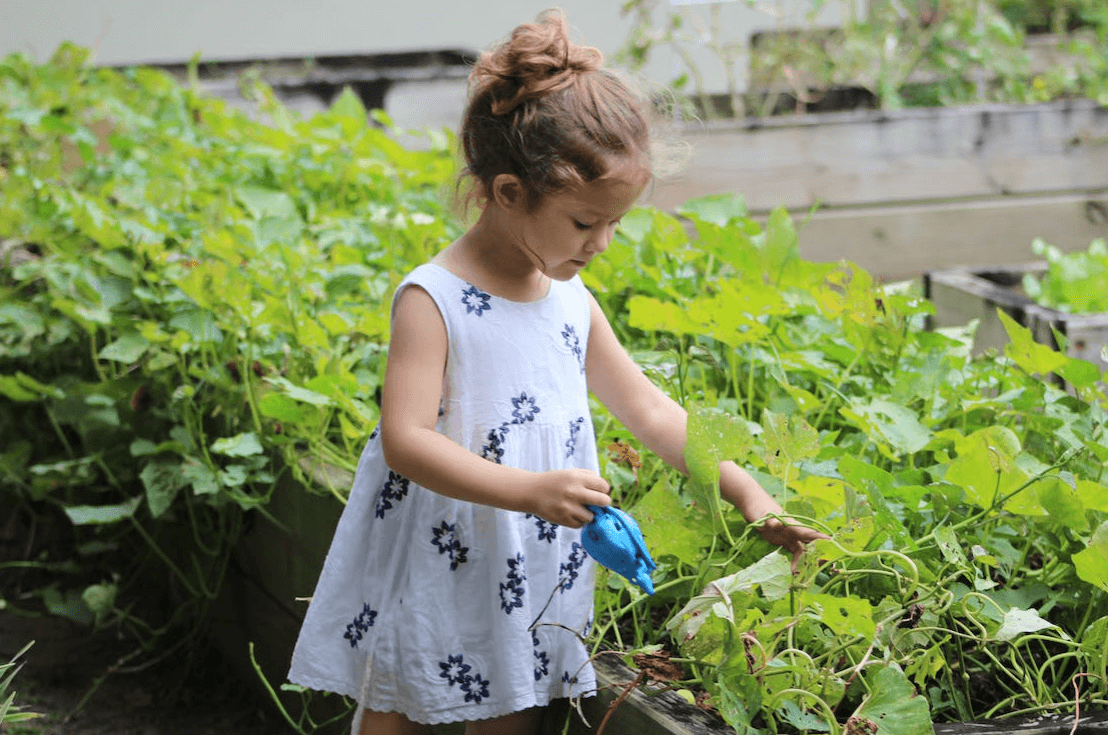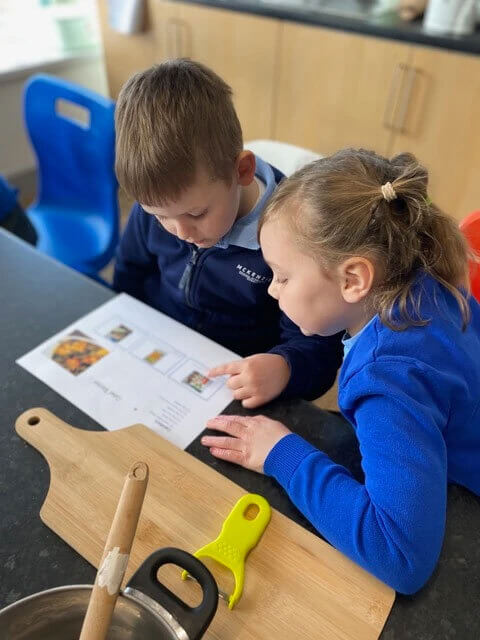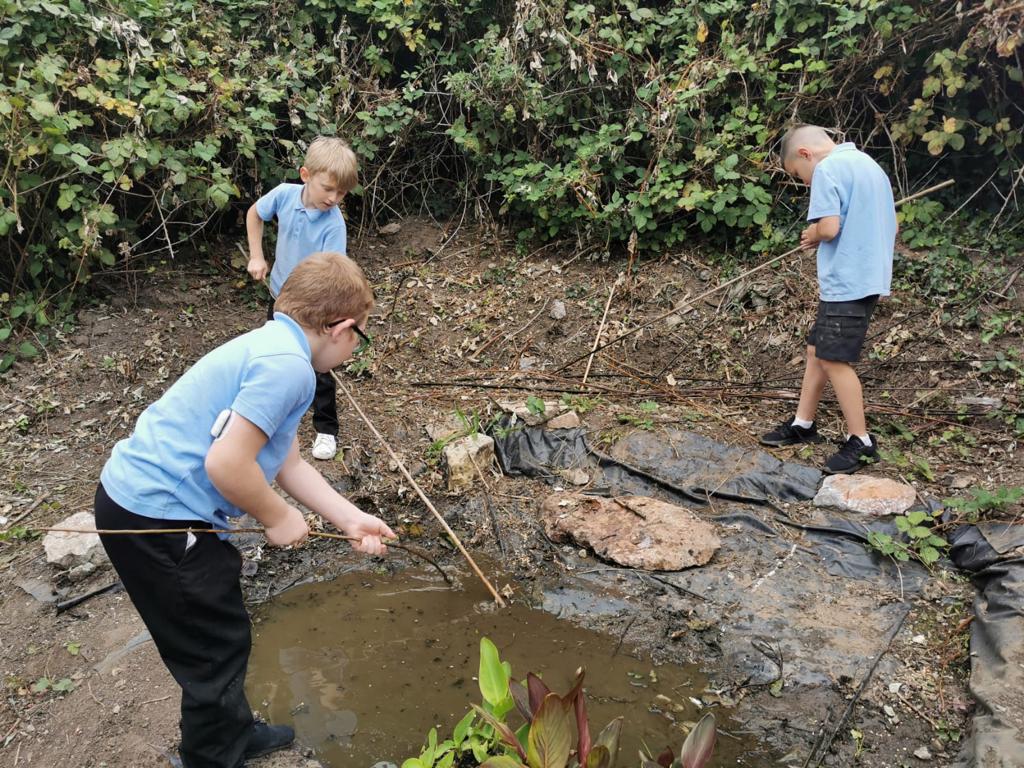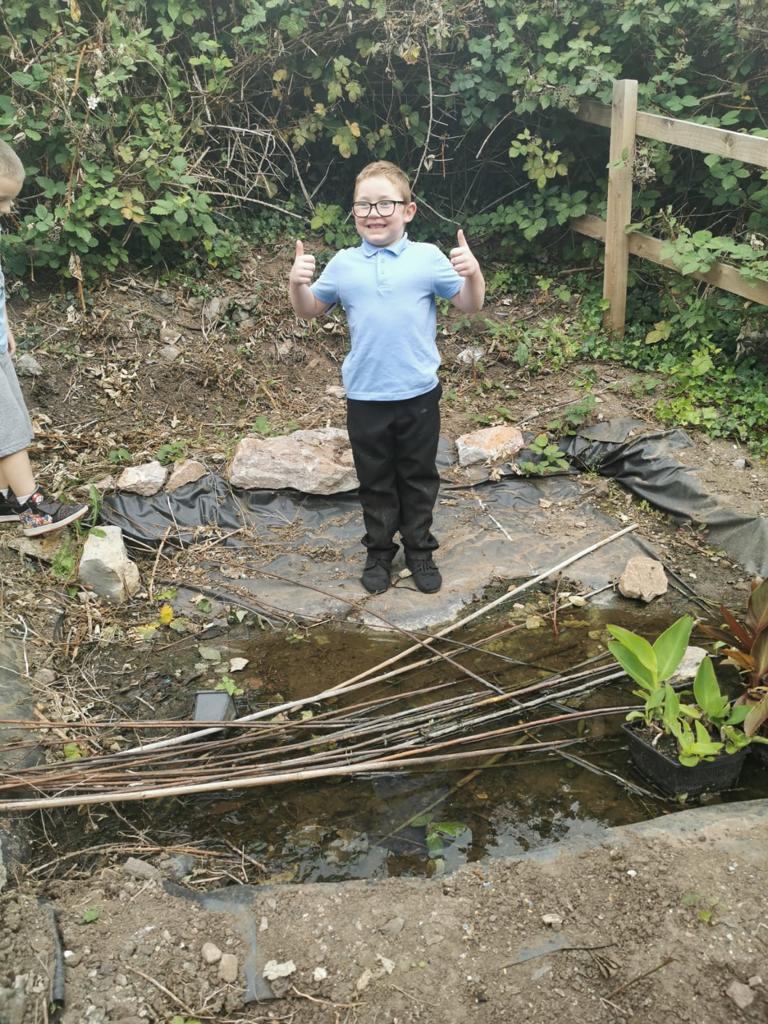Teaching children to grow their own food can have numerous benefits for their health, education, and overall well-being. Through gardening, children can develop a greater appreciation for healthy foods, learn about sustainable practices, and gain valuable life skills. Gardening can also provide a physical and emotional outlet, promote outdoor activity, and provide an opportunity for children to learn about science concepts. Overall, encouraging children to grow their own food can have a positive impact on their growth and development.
Benefits of Growing Food


School gardens help children and young people to learn in authentic contexts
Gardening is the study of life. The simple act of caring for living soil and plants gives children and young people a foundation for understanding the principles of birth, growth, maturity, death, competition, cooperation and many other lessons that transfer to human lives. In a school garden, children and young people experience these lessons ‘hands on’ through a learning method that is rich and inclusive to varied learning abilities. The results teachers see every day are now supported by science: school gardens can help our children and young people learn better, both academically and emotionally.

Gardening together can strengthen ties between a school and its community
In a school garden, children and young people experience these lessons ‘hands on’ through a learning method that is rich and inclusive to varied learning abilities. The results teachers see every day are now supported by science: school gardens can help our children and young people learn better, both academically and emotionally.

Getting their hands dirty helps connect children and young people with nature
Children and young people who garden get a close-up look at natural processes and the living organisms that thrive in these environments. By learning to care for a living, breathing ecosystem, children and young people develop an understanding of the importance of nature in their lives and the lives of other beings. This fosters a culture of environmental respect and responsibility.

Gardening strengthens young people’s immune systems
There’s more and more evidence that getting dirty exposes us to a variety of microbes that can fortify our health and balance our immune systems against our overly sterilised world. This is particularly true for children and young people who benefit from reduced allergies and asthma when exposed early in life to dirt and the outdoors. The vitamin D they absorb when gardening doesn’t hurt, either!

Working in a school garden helps children and young people stay active, helping to reduce obesity
Teachers across the country agree that when children and young people garden, they move their bodies more than when passively listening in a classroom. Jumping, bending, lifting, and stretching all take place during a typical gardening session.

Gardening moderates moods and eases anxiety.
There’s some evidence that exposure to the beneficial microbes in soil can help regulate the neurotransmitters affecting our brain’s emotional state. Gardens are hands-on, outdoor classrooms that teach children and young people self-regulation and mindfulness—both of which have been shown to decrease anxiety and depression.

Children and young people who garden at school develop empathy and practise risk
Teachers who garden with children and young people notice increased empathy towards other learners and the organisms living in their school patch. That’s because tending to a ‘bug hotel’ or watching birds and earthworms thrive in the garden helps children and young people understand the interdependency of nature. A garden also provides the perfect place for children and young people to learn about boundaries and responsibility by practising new activities in a safe space.

Teaching and food gardens improve children and young people’s diets.
Academics and journalists agree that children and young people who garden eat more fresh vegetables. This extends beyond what they nibble on during classroom gardening time. Apparently just having a garden at school increases their intake of vegetables at home.




